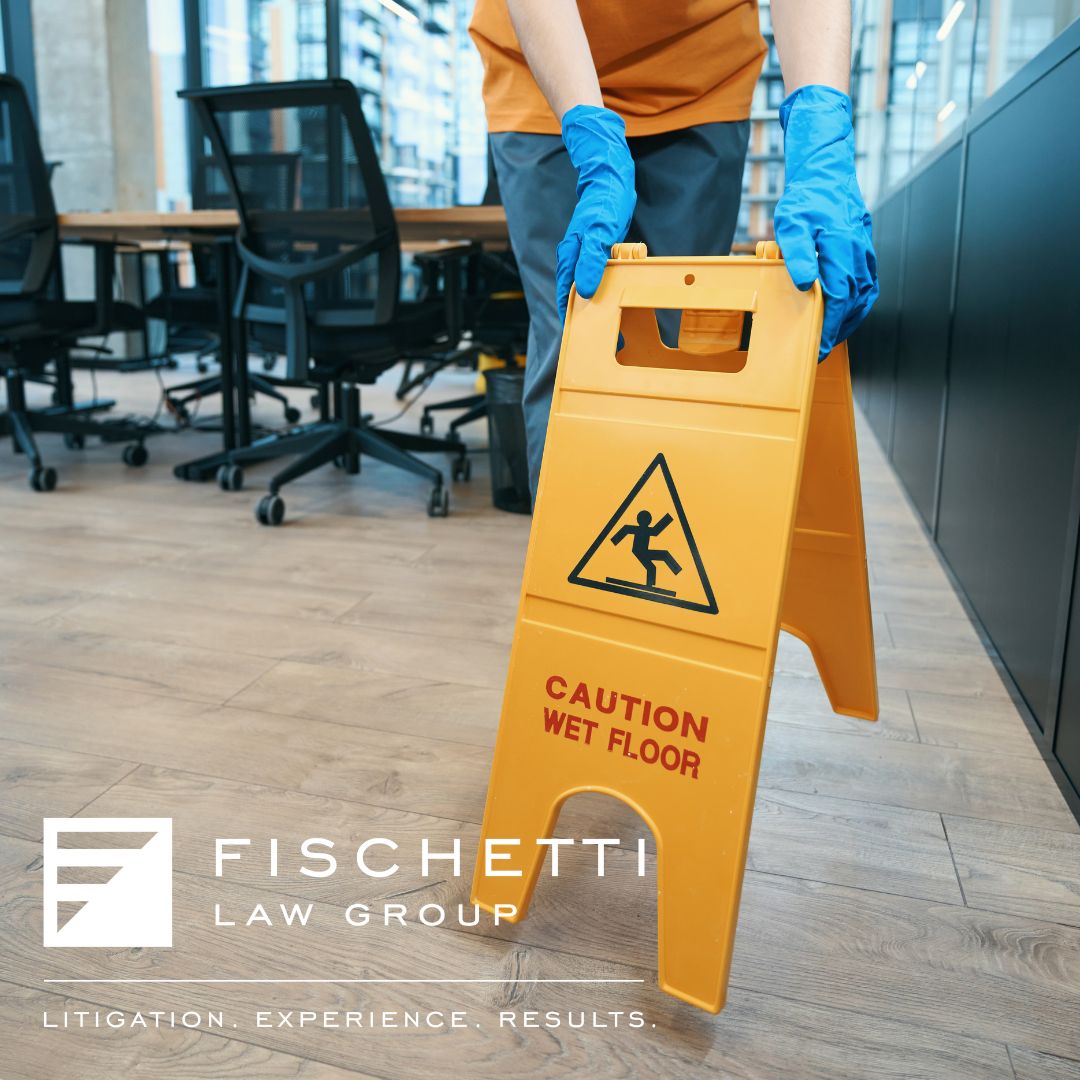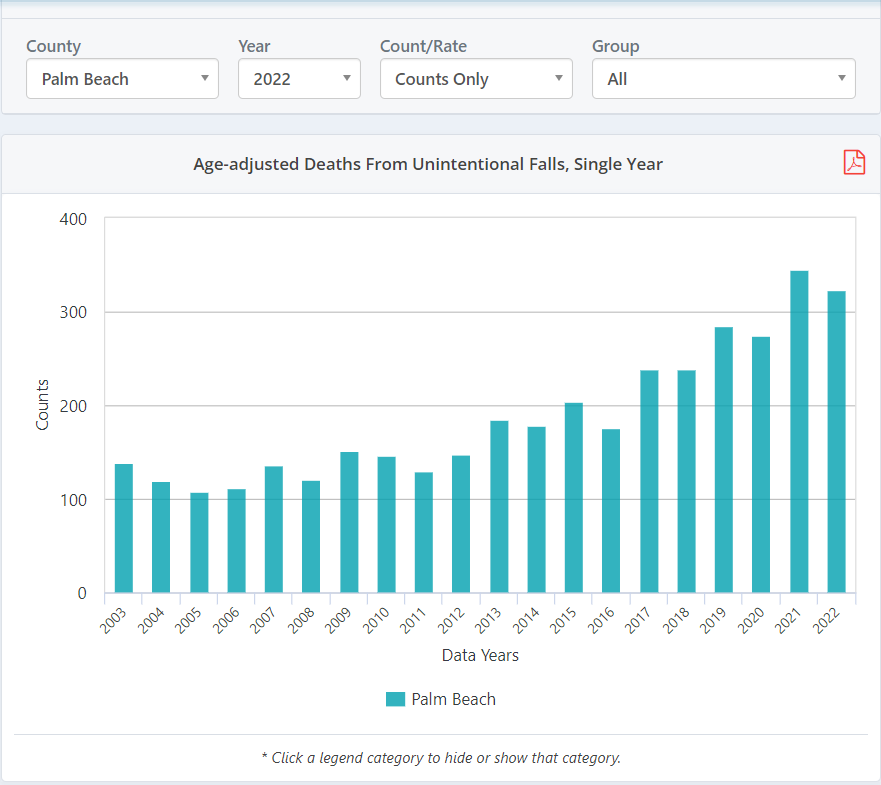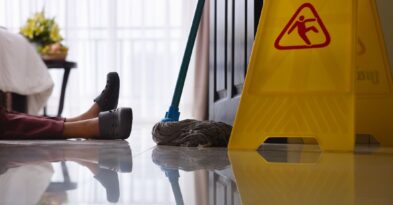What is Considered a Slip and Fall Accident?

Slip and fall accidents can happen anywhere, but determining whether a business is at fault for such incidents can be complex. If you or someone you know has experienced a slip and fall, understanding the factors that contribute to liability is important when filing for a personal injury case. This article explores the key elements that influence whether a business can be held responsible for a slip and fall accident.
Understanding Premises Liability
Premises liability is a legal concept that holds property owners and occupiers accountable for injuries that occur on their property due to unsafe conditions. For a business to be found liable for a slip and fall accident, several criteria must typically be met:
a. Duty of Care
Businesses have a duty of care to ensure that their premises are safe for customers. This includes maintaining walkways, addressing spills, and ensuring that the property is free from hazards. The extent of this duty can depend on the nature of the business and the relationship with the visitor (invitee, licensee, or trespasser).
b. Breach of Duty
If a business fails to maintain safe conditions or address known hazards, it may be considered to have breached its duty of care. Examples include:
- Failing to clean up spills in a timely manner
- Not repairing broken steps or uneven flooring
- Ignoring weather-related hazards, like snow or ice
c. Causation
To establish liability, it must be shown that the breach of duty directly caused the slip and fall accident. This means demonstrating that the unsafe condition led to the injury.
d. Damages
The injured party must show that they suffered damages as a result of the accident. This can include medical bills, lost wages, pain and suffering, and other related expenses.
Evaluating the Circumstances
Several factors can influence the determination of fault in a slip and fall case:
- Knowledge of the Hazard: If the business was aware of the dangerous condition (or should have been aware) and failed to take action, this increases the likelihood of liability. For instance, if a customer reports a spill, and the staff does not respond promptly, the business could be held accountable.
- Time and Location of the Incident: The time of day and the specific location of the fall are also relevant. For example, if an accident occurs in a high-traffic area during busy hours, the business may have a greater responsibility to ensure safety.
- Conduct of the Injured Party: The behavior of the injured party can impact the case as well. If the individual was behaving recklessly (e.g., running in the store), it may affect the perception of fault and lead to a determination of comparative negligence.
Gathering Evidence
Collecting evidence is crucial for proving liability in a slip and fall case. Key types of evidence include:
- Photographs: Take pictures of the accident scene, showing the hazard and surroundings.
- Witness Statements: Gather contact information from any witnesses who can provide accounts of the incident.
- Incident Reports: Request any reports that the business may have filed regarding the accident.
- Medical Records: Document all injuries and treatment related to the fall.
Slip and Fall Statistics in Palm Beach County
Over the years, slip and fall accidents have become more common in the state of Florida, especially within Palm Beach County. These statistics are provided by flhealthcharts.gov. Within the year 2022, of the 4207 slip and fall deaths that occurred in the state of Florida, 323 of them were in Palm Beach County alone. In other words, Palm Beach accounts for nearly 8% of all slip and fall deaths in Florida!

Legal Considerations
When it comes to filing a lawsuit, personal injury related claims typically have a limit of 2 years after the accident before they are no longer fileable. If your insurance has a PIP policy and you are in need of medical treatment, you are only eligible for PIP coverage 14 days after the accident, the time to file the claim however varies, and is recommended to be done as soon as possible, but is typically limited to 30 days after the accident.
If you believe a business is at fault for a slip and fall accident, you may want to consider legal action. Consulting with a personal injury attorney at Fischetti Law Group can help you understand your rights and options. We can guide you through the legal process and assist in gathering necessary evidence to build a strong case.
Our firm offers FREE consultation, so if you believe you or a family member were a victim of a slip and fall caused by someone else’s negligence, or if you’re still unsure whether your case constitutes a slip and fall, don’t hesitate to call us at 833-MIKE-247. You can also visit our Contact Page or Location.
